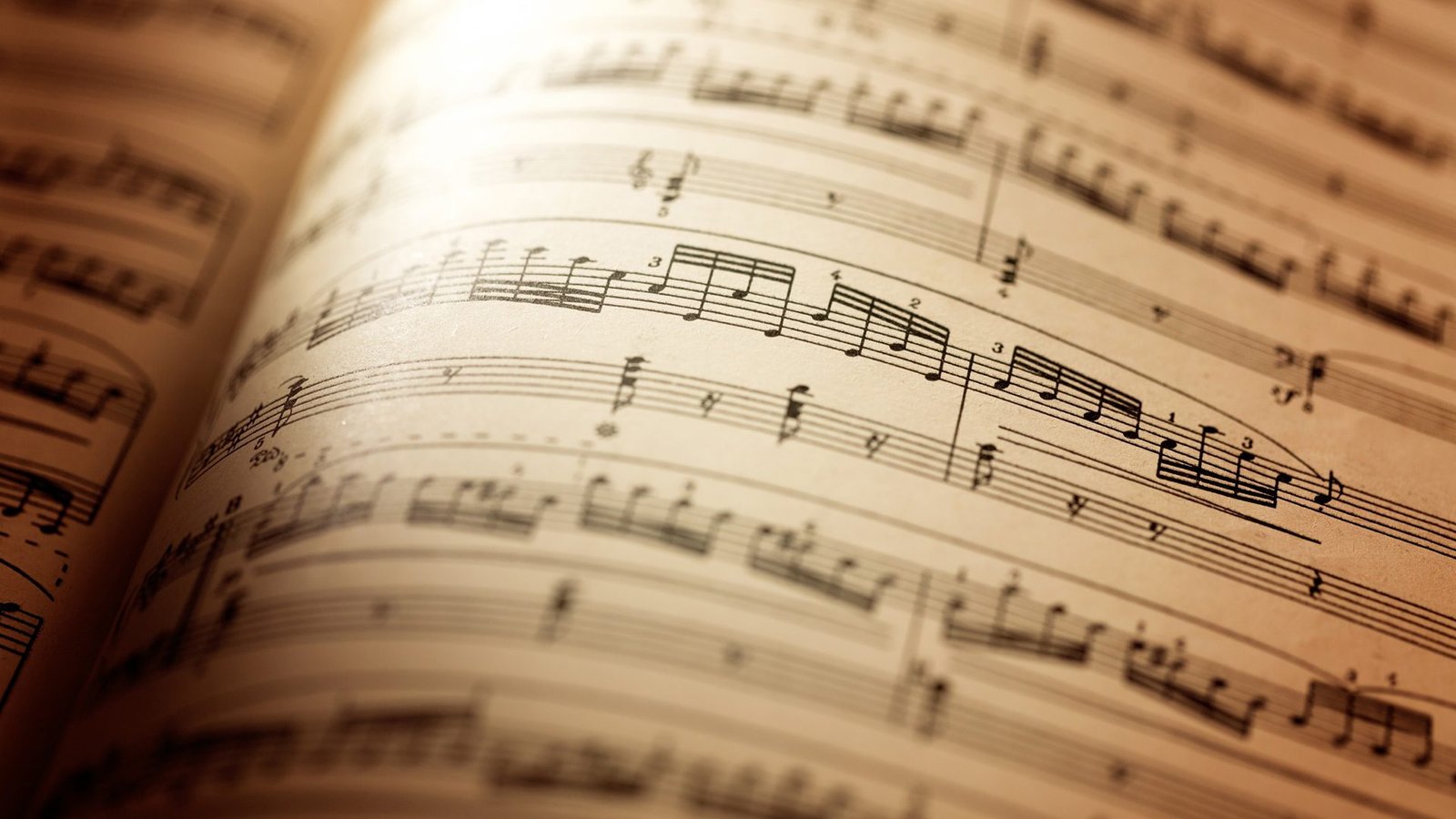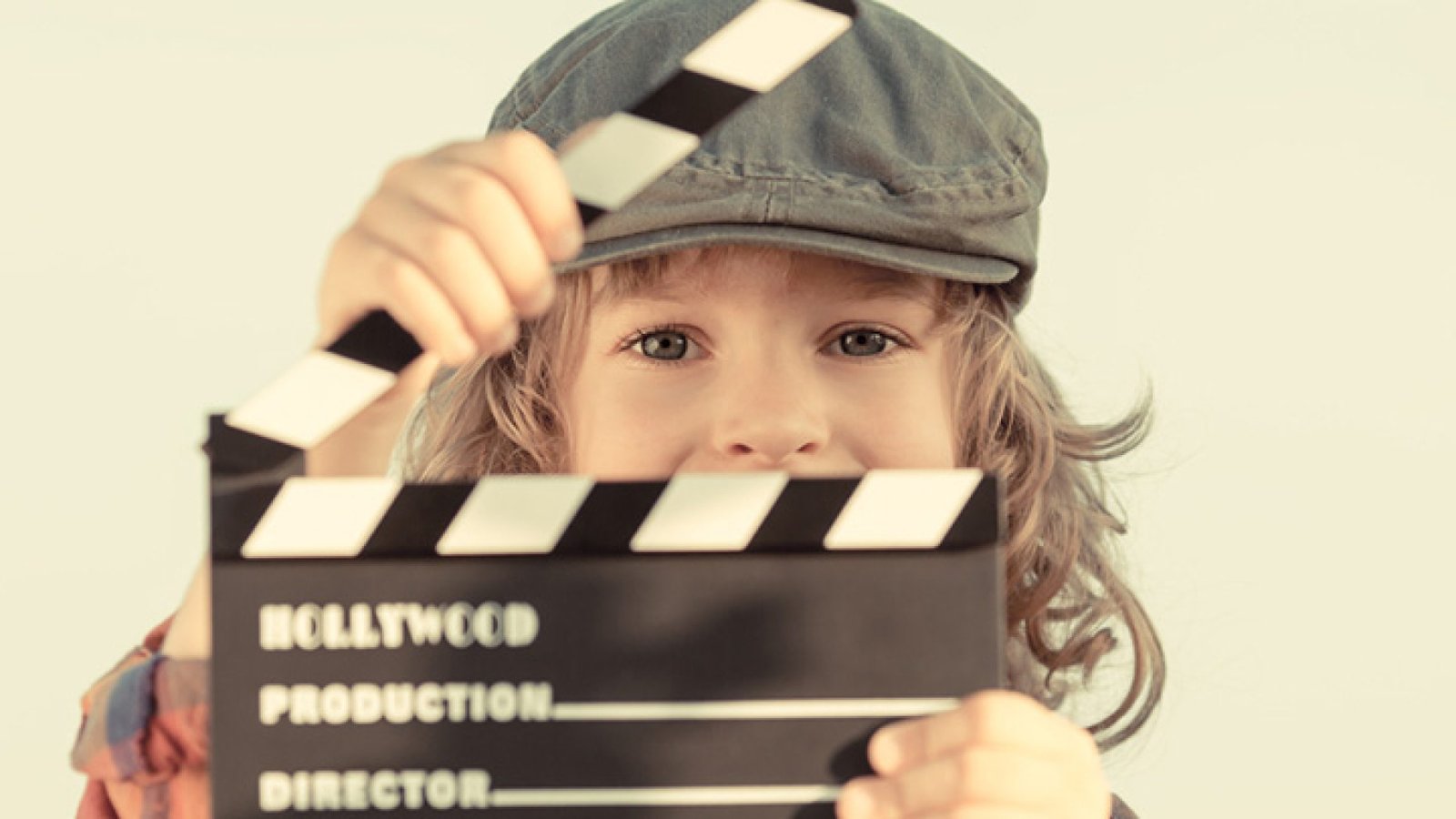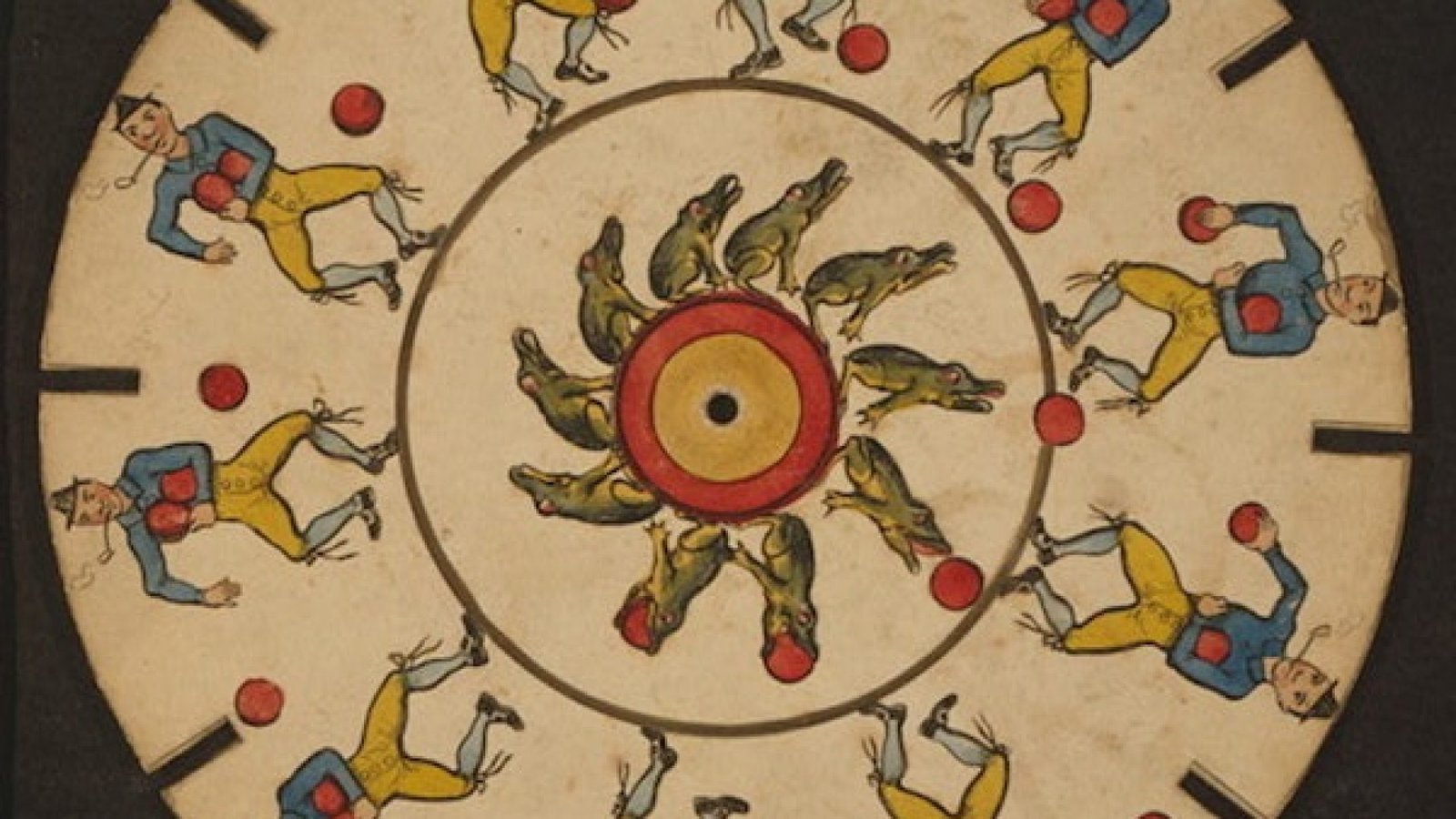Sound. Typically, a vibration that travels through the air or another medium and can be heard is sound. Everyday billions of these vibrations keep continuing all around us and we, as a result, we keep hearing different forms of sounds, each having their unique set of vibrations. In our day to day lives for our ease we’ve termed these various forms of sounds with different denotations like Noise, Voice, Music, etc. For other forms of sounds, there are millions of denotations in different languages, all over the world and each of these languages, having their unique perception of defining sound having different approaches towards the same set of vibrations. A horse goes “Hihiihin” in Japan and “I-GO-GO” in Russia; likewise a phone may sound “kring-kring” to many ears except the Germans who think it goes “KLINGELIN”. As weird as the fact may seem, people, from an individual level tend to hear the same sound or the same set of vibrations and get their own interpretation from it, unique to that individual only. One person’s most treasured sounds may have no appeal to another. Hearing is an instinct we have greatly relied upon since the beginning of mankind when it came down to understanding and identifying matters or actions of interest. In our everyday lives, we tend to combine our senses of seeing and hearing simultaneously more than we could realize. For instance, if someone is walking by a rail track and hears a whistle blow, even if s/he doesn’t see the source, s/he’d automatically realize that a train is coming from the opposite direction to where s/he’s looking. It’s reflex, for any human being to react upon hearing a certain sound and every time it’s an experience. Throughout time, we have tried to put this instinct to use in both real and surreal spectrums. These vibrations are so important to us that in the absence of it we won’t be able to carry on with our natural form of communication. There are moments in every person’s life when sound is of the essence, knowingly or unknowingly. The element of surprise works in all forms of vibrations. The most surprising form of sound is music. Those who listen to music, even me also, listen to it not just for the sake of listening to the music but because of certain expectations and urges we seek from the music that we’re listening to, norms that have grown over time. This is where the perplexity of music comes in and as the music unfolds every time, it appears to be unprecedented. The understanding of the sound in music is paradoxical to almost every human being on this planet. To amplify this understanding of music, people have attached motion pictures to the music to create an ambience and people in turns have attained a better understanding of the music through the visual experiences connected to the music even more intensely. The importance of music in films arises from the same necessity mentioned above, the necessity to entice the audience and enabling them to relate what they are viewing through what they are listening to. “The last creative brush stroke that is put onto a film is the soundtrack. This can be a beautifully thought-out process, calling on the talents of many people working at this end of a film’s life. A real joy can be felt as life is breathed into a film story conceived of many years before…”. This is how, Patrick Drummond, Ardmore’s veteran sound editor with over 30 years of experience, sums up the joys and motivations of working in the (often unfairly overlooked) sound department. From a learner’s viewpoint, sound is important for a film because:
Direct Narrative role
Many kinds of sound have direct storytelling role in filmmaking. Dialogue and narration tell the story, and narrative sound effects can be used in such capacity too, for example to draw the attention of the characters for an off-screen event. Such direct narrative sound effects are often written into the script, since their use can influence when and where actors have to take some corresponding action.
Subliminal Narrative role
Sound has a subliminal role. Sound is working on its audience unconsciously. While all viewers can perceive various objects in a picture – an actor, a table the walls of a room,
listeners barely ever perceive sound so analytically. They tend to take sound in as a whole; despite it is deliberately constructed from many pieces. Herein lies the key to an important storytelling power of sound. The inability of listeners to separate sound into ingredients can easily produce “a willing suspension of disbelief” in audience, since they cannot separately discern the function of various sound elements. These facts can be manipulated by filmmakers to produce a route to emotional involvement in the material by the audience the most direct example of this effect is often the film score. Heard in isolation, the actual score played with the film often do not make much sense. The music is deliberately written to enhance the mood of a scene and to underscore the action not as a foreground activity, but a background one. The function of the music is to “tell” the audience how to feel, from moment to moment: Soaring strings mean one thing, a single snare drum, another. An example is the emotional sound equation that says that low frequencies represent a threat. Possibly this association has deep primordial roots, but if not, exposure to film sound certainly teaches the listener this lesson quickly. A distant thunderstorm played underneath an otherwise sunny scene indicates a sense of foreboding or doom, as told by this equation. An interesting parallel is that the shark in Jaws is introduced by four low notes on an otherwise calm ocean, and there are many other such examples. But for me, whether it’d be in a movie or in a video or just in its raw form, music must feel good. Music is mysterious, and so are the people living in this planet. Let this mystery be our first clue to finding equanimity.
Music, to me, is the most beautiful form, and I love film because film is very related to music. It moves by you in its own rhythm… Imagine the world without music. Man, just hand me a gun, will you?
Jim Jarmusch
I am part of a light, and it is the music. The Light fils my six senses: I see it, hear, feel, smel, touch and think. Thinking of it means my sixth sense. Particles of Light are written note. O bolt of lightning can be an entire sonata. A thousand bals of lightening is a concert… For this concert I have created a Bal Lightning, which can be heard on the icy peaks of the Himalayas.
Nikola Tesla
* Photo credit: Stock photo collected from Internet source










